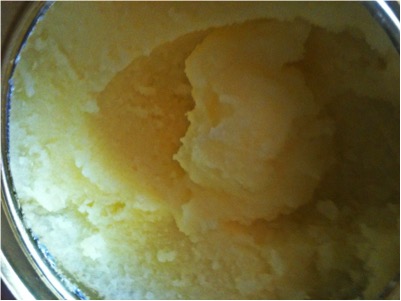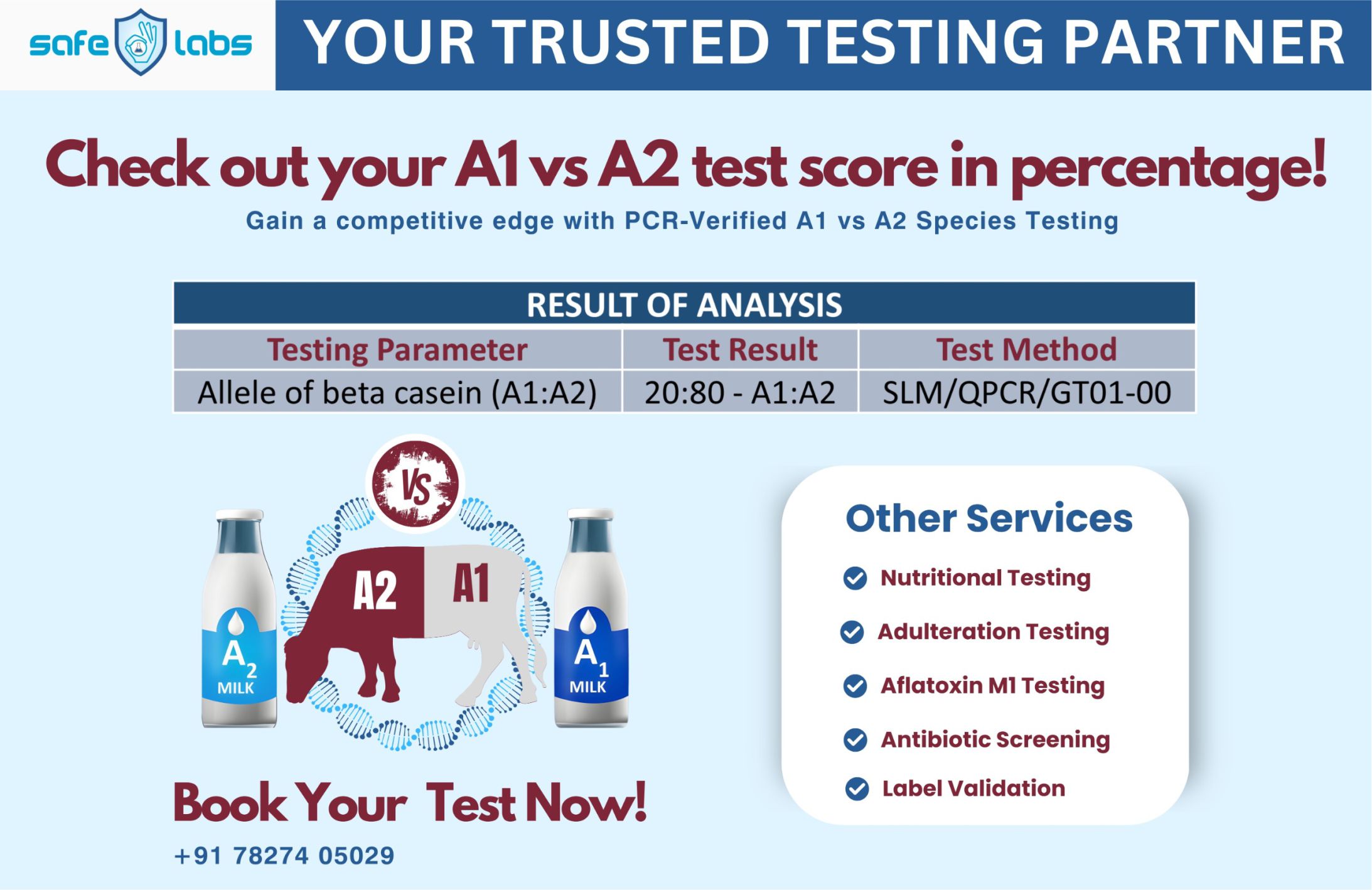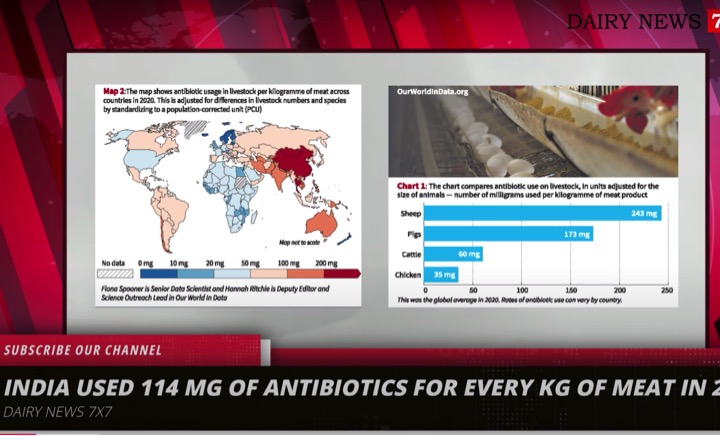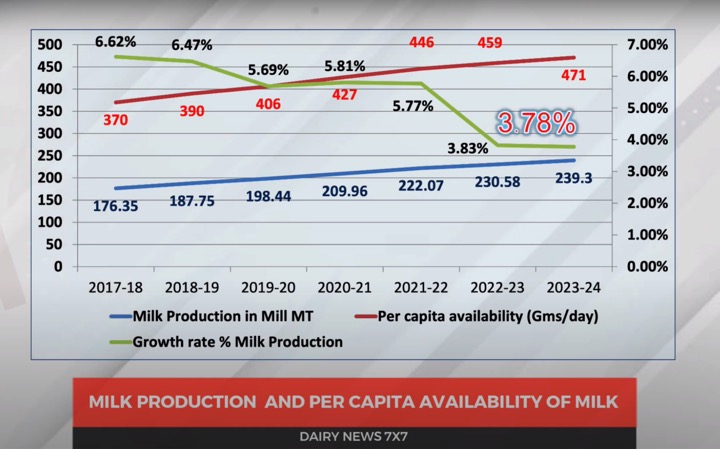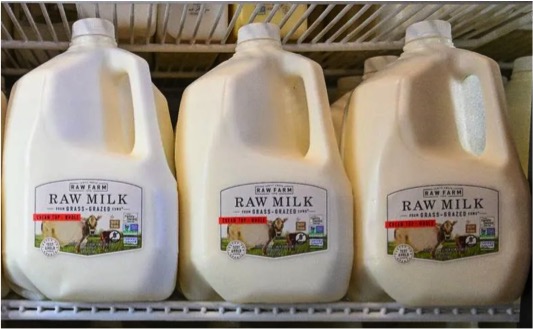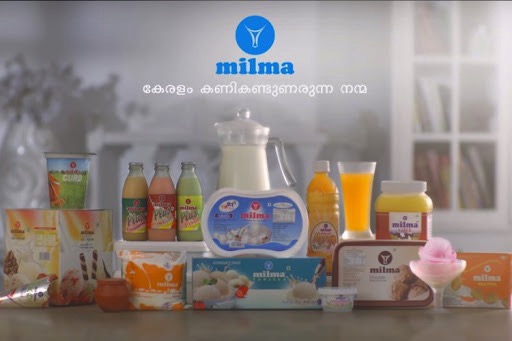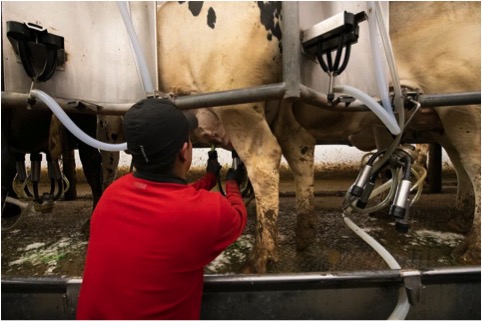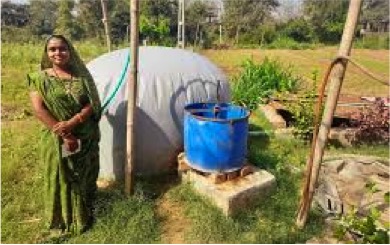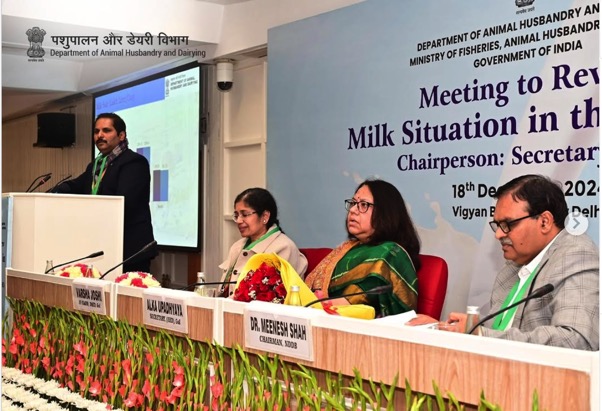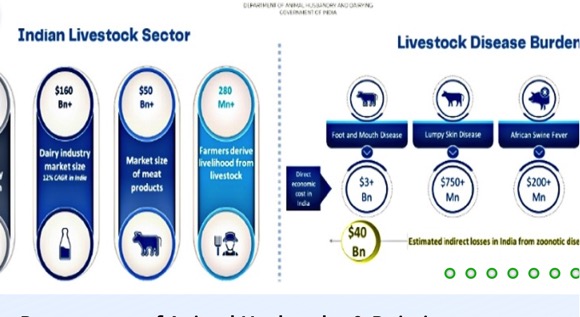Union Health Minister J P Nadda on Friday (September 20) said he had sought a report on the controversy over the alleged use of animal fat in the preparation of laddus that are distributed as prasadam at the Tirupati temple in Andhra Pradesh.
On September 18, Andhra Pradesh Chief Minister N Chandrababu Naidu had alleged that during the previous YSRCP regime, animal fat was used to prepare the laddu prasadam at Tirumala.
On Friday, TDP spokesman Anam Venkata Ramana Reddy told The Indian Express that it was “not possible” to supply unadulterated ghee at the price charged by a supplier who is currently under the scanner.
The numbers don’t add up
Dairies are currently selling fat derived from buffalo milk at around Rs 460 per kg, and that from cow milk at Rs 470 per kg. Adding another Rs 25 towards the cost of melting, packaging, and transport will take the ex-factory realisation for ghee to Rs 485-495 per kg.
Given this basic cost reality, it is difficult to understand how the company, A R Dairy Food Pvt Ltd, based in Dindigul (Tamil Nadu), was able to supply pure ghee — which is clarified and melted butter with 99.5% milk fat content — to the Tirumala Tirupati Devasthanams (TTD) at Rs 320 per kg.
The TTD manages the famous temple of Lord Venkateswara in Tirupati. A R Dairy Food Pvt Ltd has been blacklisted after its ghee, used for making the iconic Tirupati laddus, was allegedly found to contain “foreign fats”. These fats included palm, coconut, soyabean, sunflower, rapeseed, and other vegetable oils, as well as animal fats (beef tallow, pork lard, and fish oil).
Vegetable fats are far cheaper
A key incentive for the adulteration of ghee in India is the high price differential between milk and vegetable fats.
Refined palm, soyabean and sunflower oil are wholesaling now at Rs 120-125 per kg; for the more expensive indigenous rapeseed/ mustard and groundnut oil, the wholesale price is Rs 135-150/ kg. Tallow oil is even cheaper — only Rs 80-85 per kg.
The sheer price difference makes ghee naturally prone to lacing with foreign fats by unscrupulous manufacturers.
Milk fats are relatively scarce
The large price differential apart, there is the issue of availability of milk fat.
Cooperative dairies procure an average 600 lakh kg per day (LKPD) of milk. Out of that, they market about 450 LKPD as liquid milk, and probably another 50 LKPD as curd, lassi, and other products.
Taking a 5% fat content — the average for buffalo and cow milk — this 200 LKPD (from cooperative and private dairies) would yield an annual ghee production of 3.65 lakh tonnes (lt) by the organised dairies. Compare this figure to the 250-260 lt of vegetable oils availability, which includes 150-160 lt of imports and 100-105 lt of production from domestic sources.
That makes ghee a relatively scarce and premium fat.
Dairies are loath to sell ghee in bulk
The established dairies — the cooperative federations of Gujarat (Amul), Karnataka (Nandini) and Tamil Nadu (Aavin), or private players such as Hatsun Agro, Dodla Dairy and Heritage Foods — are loath to sell ghee as a bulk commodity. They would rather market it in retail consumer packs, if not use the fat for ice-cream that fetches higher realisations.
Amul sells 9,000-10,000 tonnes of ghee in consumer packs a month; Nandini sells about 3,000 tonnes, and Aavin about 1,500 tonnes. The sales of Patanjali Ayurved, which were to the tune of 2,500 tonnes per month five years ago, are now said to be down to a fifth that volume.
The maximum retail price of ghee (inclusive of 12% GST) sold in consumer packs ranges from Rs 600 to Rs 750 per litre, with one litre containing just 910 gram.
The tough ask before the TTD
All this does not make it easy for organisations like TTD to obtain genuine and top-quality ghee for its laddus and other prasadam offerings.
TTD’s own annual requirement of 5,000 tonnes isn’t small. The reverse auction process, where the lowest bidder gets the supply contract, may not elicit the best result. Any ghee that is supplied at a price less than Rs 475/ kg today is likely to fail the standard gas chromatography test for detection of adulterants.


